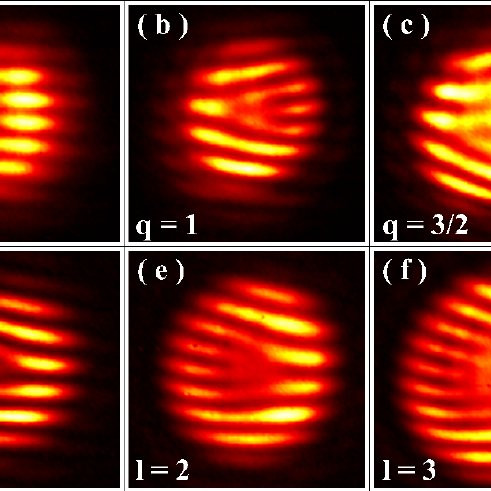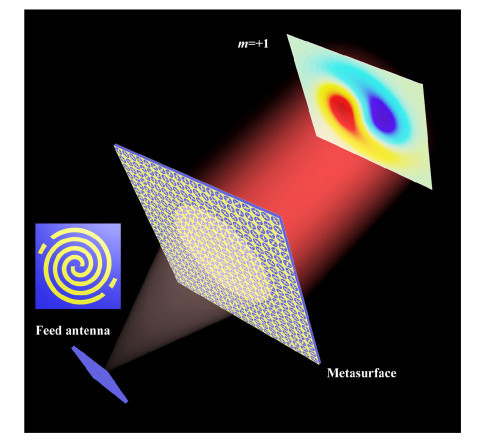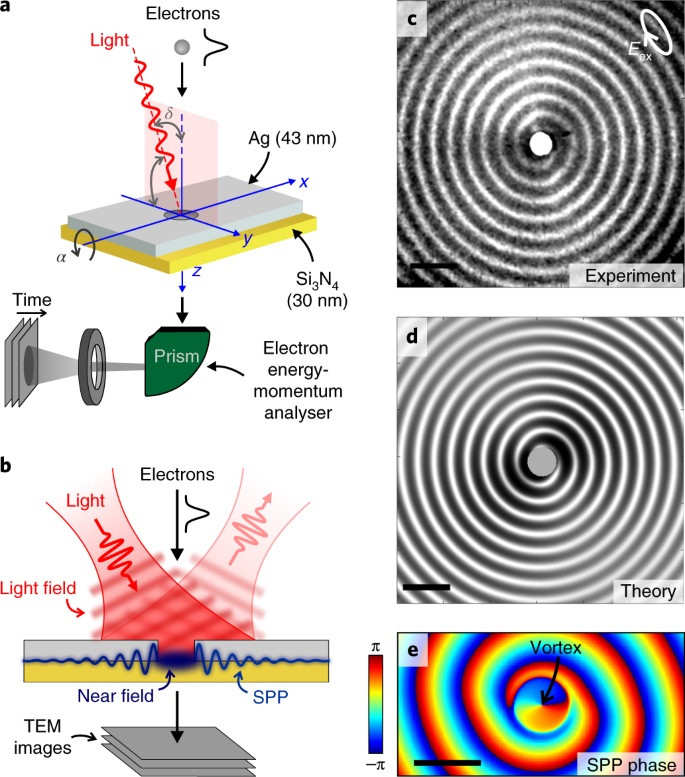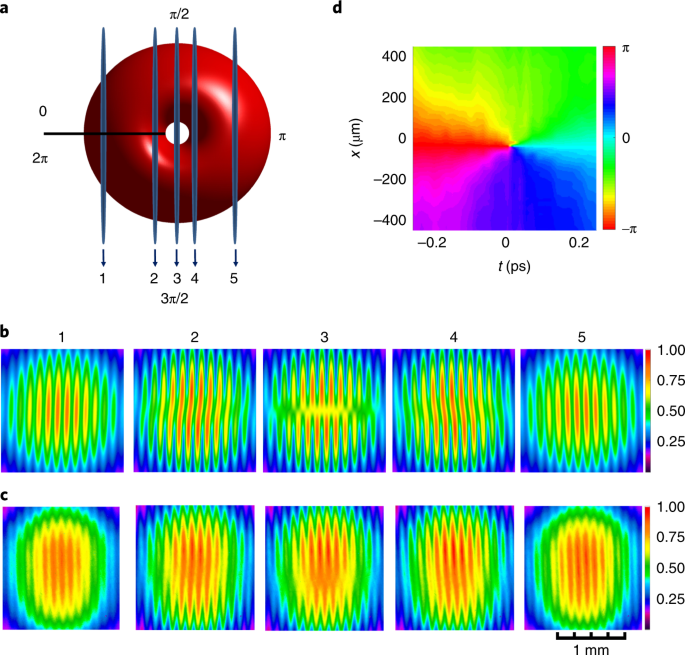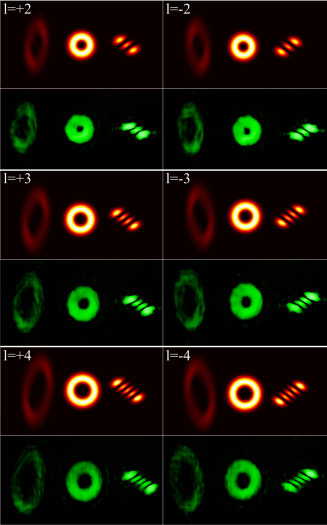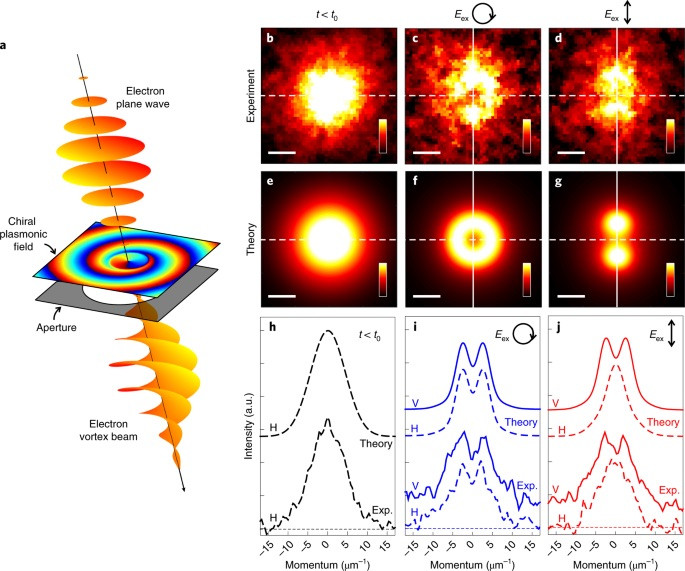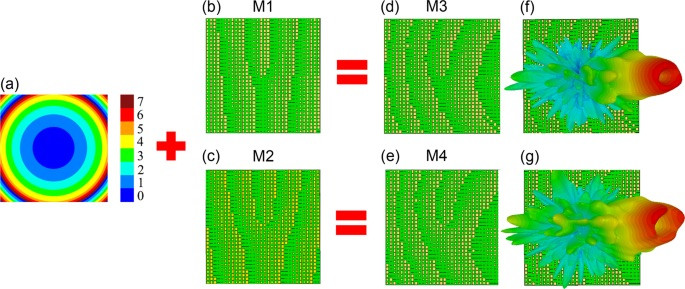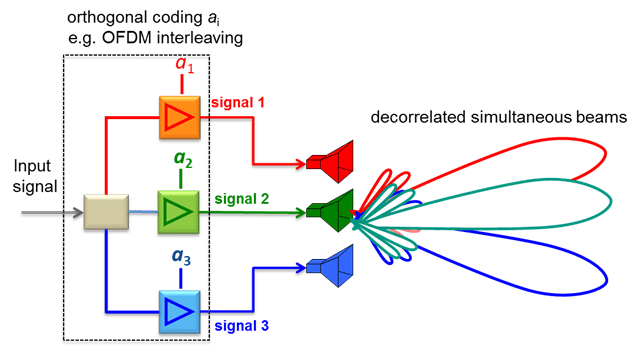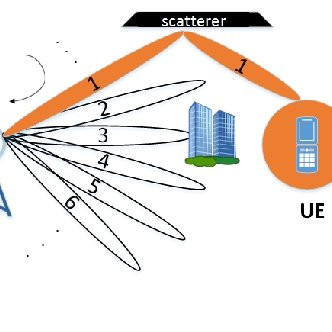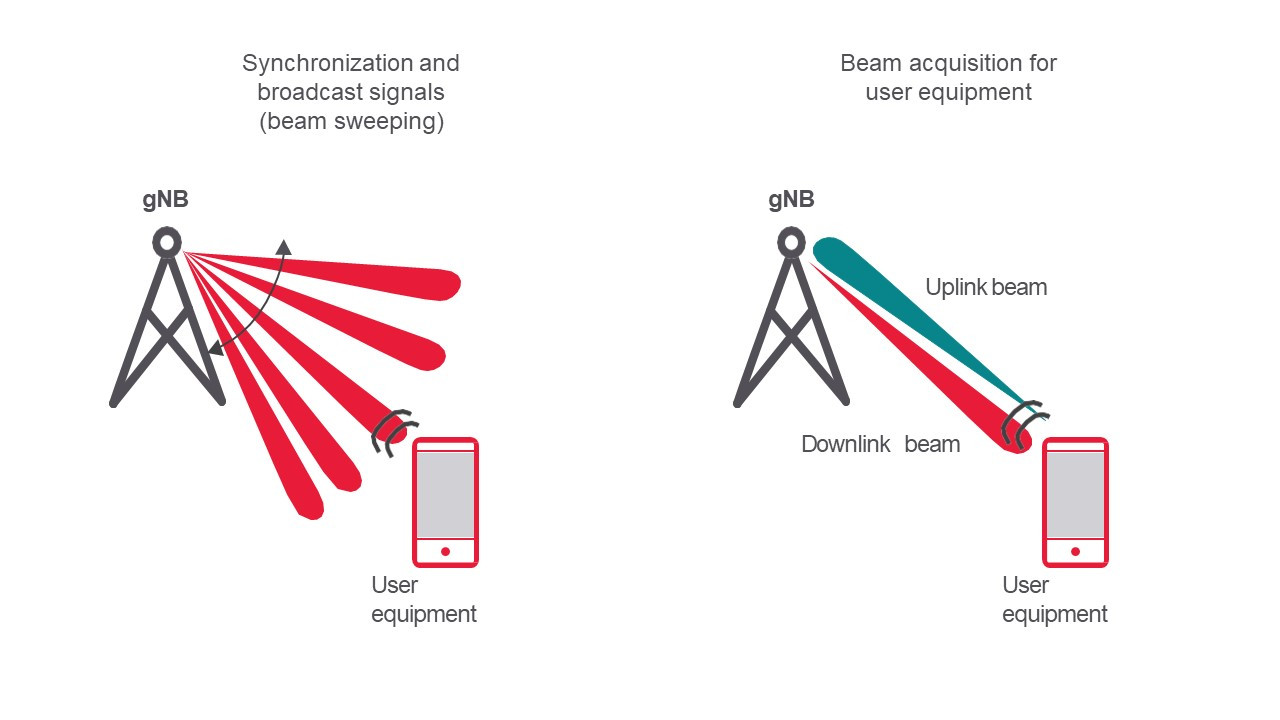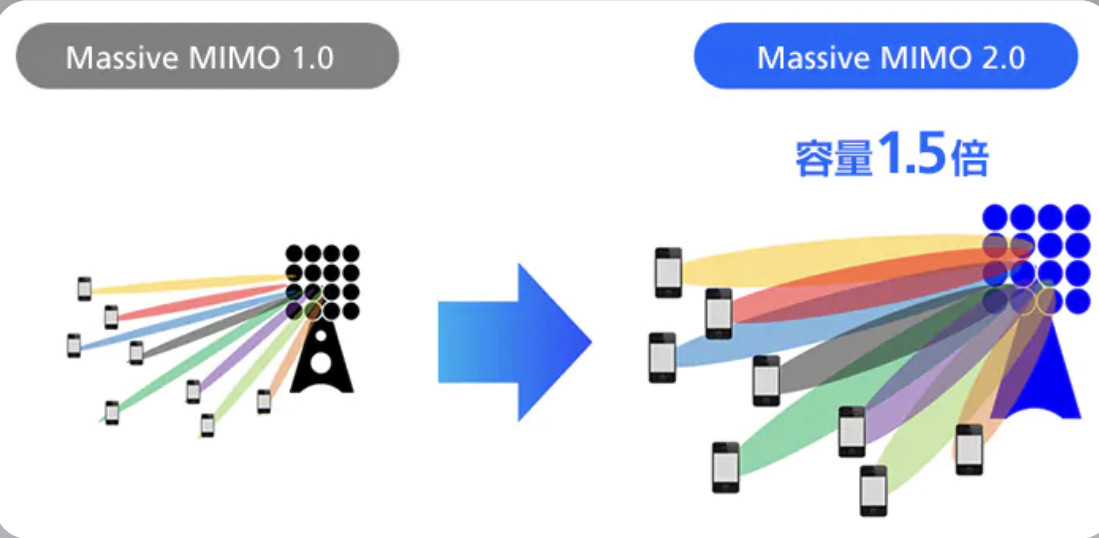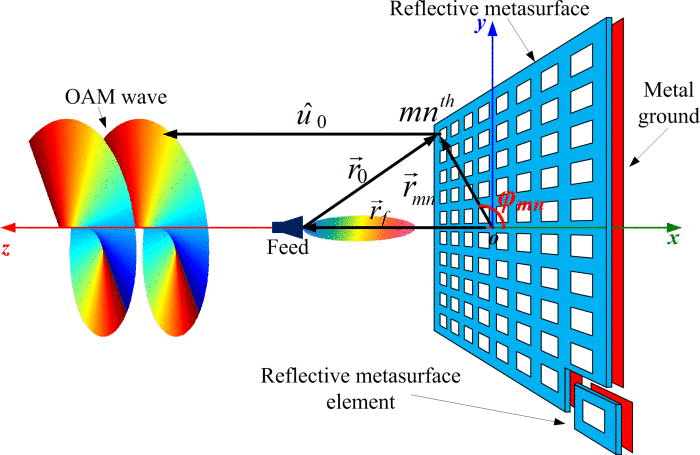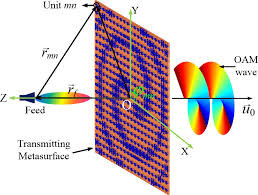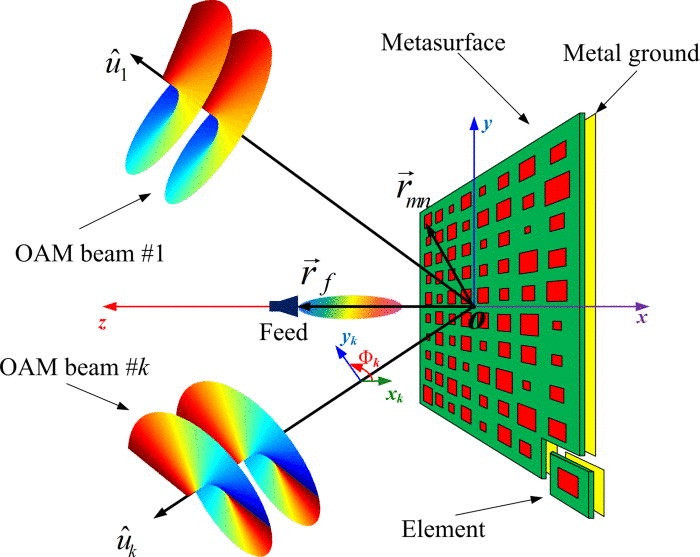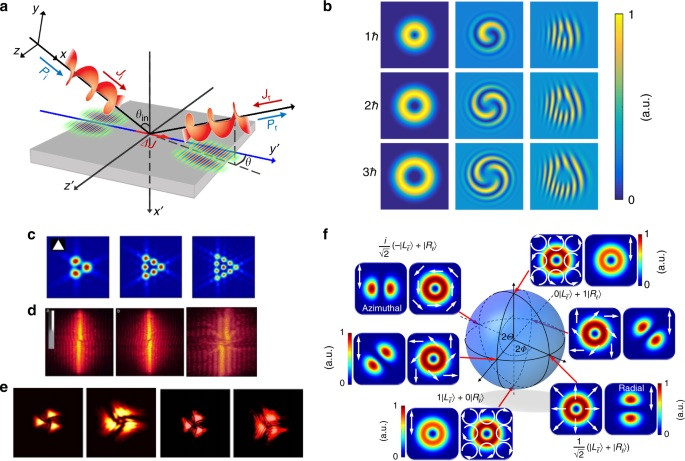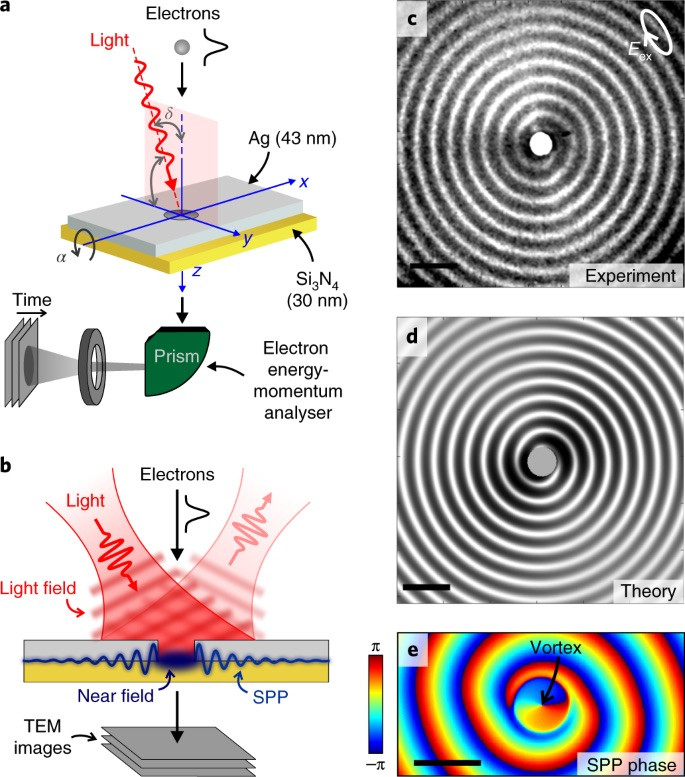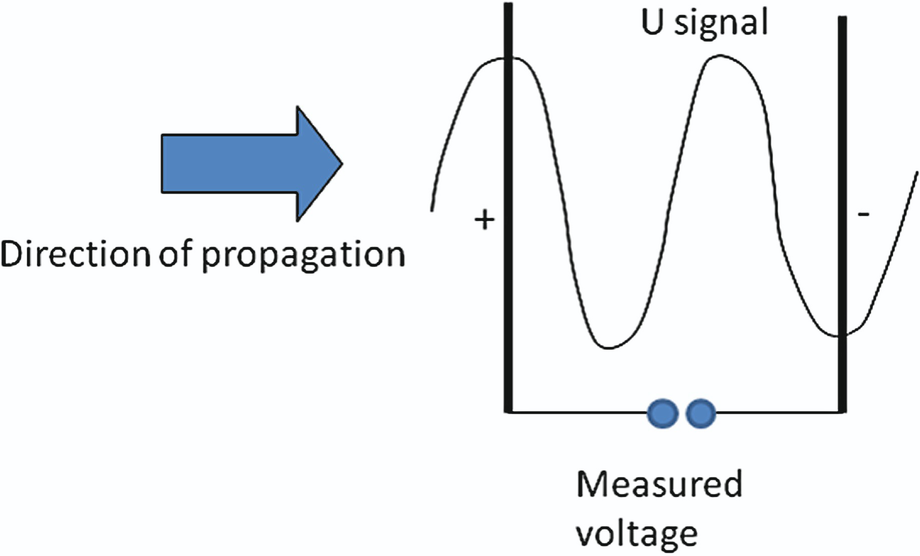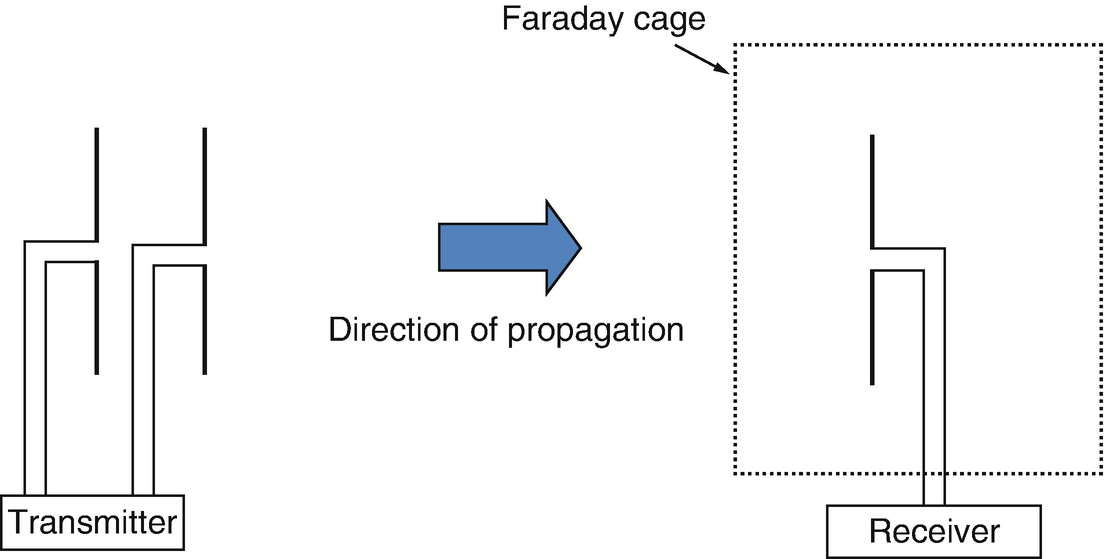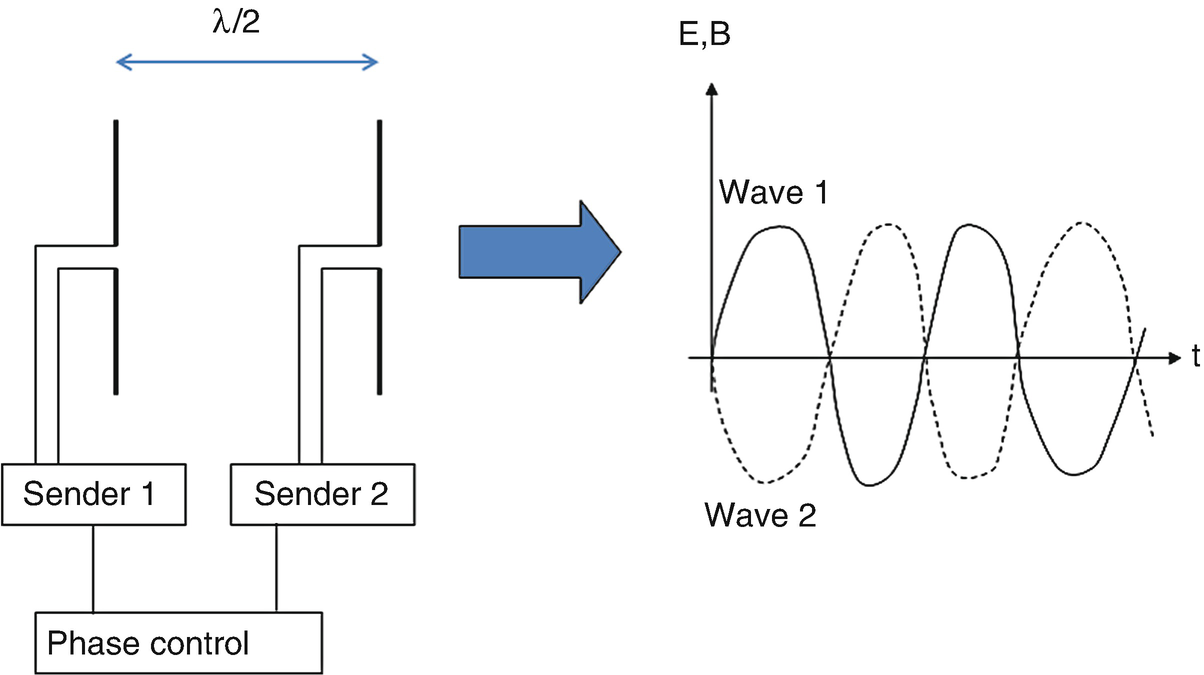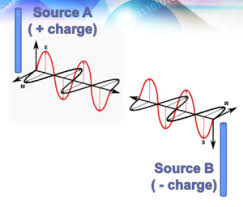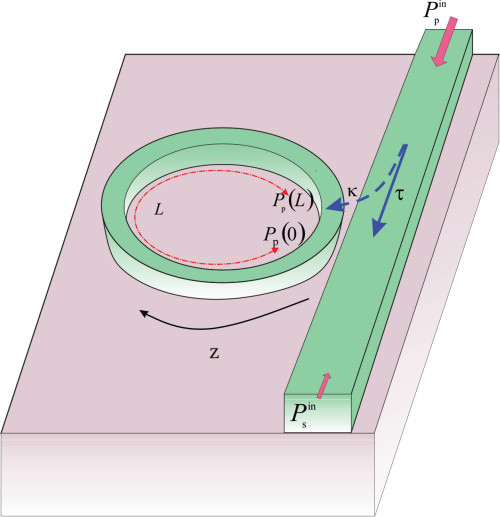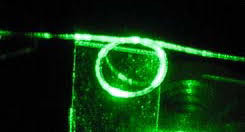Bioluminescence Imaging of Inflammation in Vivo Based on Bioluminescence and ...
by R Liu · 2019 · Cited by 30 — ... Resonance Energy Transfer Using Nanobubble Ultrasound Contrast ... bioluminescence resonance energy transfer (BRET) and fluorescence ...
Hiker-Kayaker-Bicyclist-Paddleboarder (⊙﹏⊙✿) life➭the way I see it, posted here ☯︎_0️⃣social.creditz
to be utilized via "smart phone" 5G technology
aka wetware
👍🏻
Ultrasonic phased array dipole antennas / transducers.
Scalar waves, electromagnetic waves, infrared etc.
finding mimo
Electrons which are trapped in an electromagnetic cavity are in a bound state and thus organise themselves as they do in a regular atom, thus expressing chemical-like behaviour. Several researchers have proposed to develop programmable matter by varying the number of trapped electrons in those cavities.
The discrete energy levels of electromagnetic cavities are exploited to produce photons of desired frequencies and thus are essential for nano- or submicrometre-scale laser devices.
Whispering gallery mode (WGM) resonators have attracted extensive attention and their unique characteristics have led to some remarkable achievements. In particular, when combined with optical sensing technology, the WGM reonator-based sensor offers the advantages of small size, high sensitivity and a real-time dynamic response. At present, this type of sensor is widely applied in the bio-chemical sensing field. In this paper, we briefly review the sensing principle, the structures and the sensing applications of optical bio-chemical sensors based on the WGM resonator, with particular focuses on their sensing properties and their advantages and disadvantages. In addition, the existing problems and future development trends of WGM resonator-based optical bio-chemical sensors are discussed.

